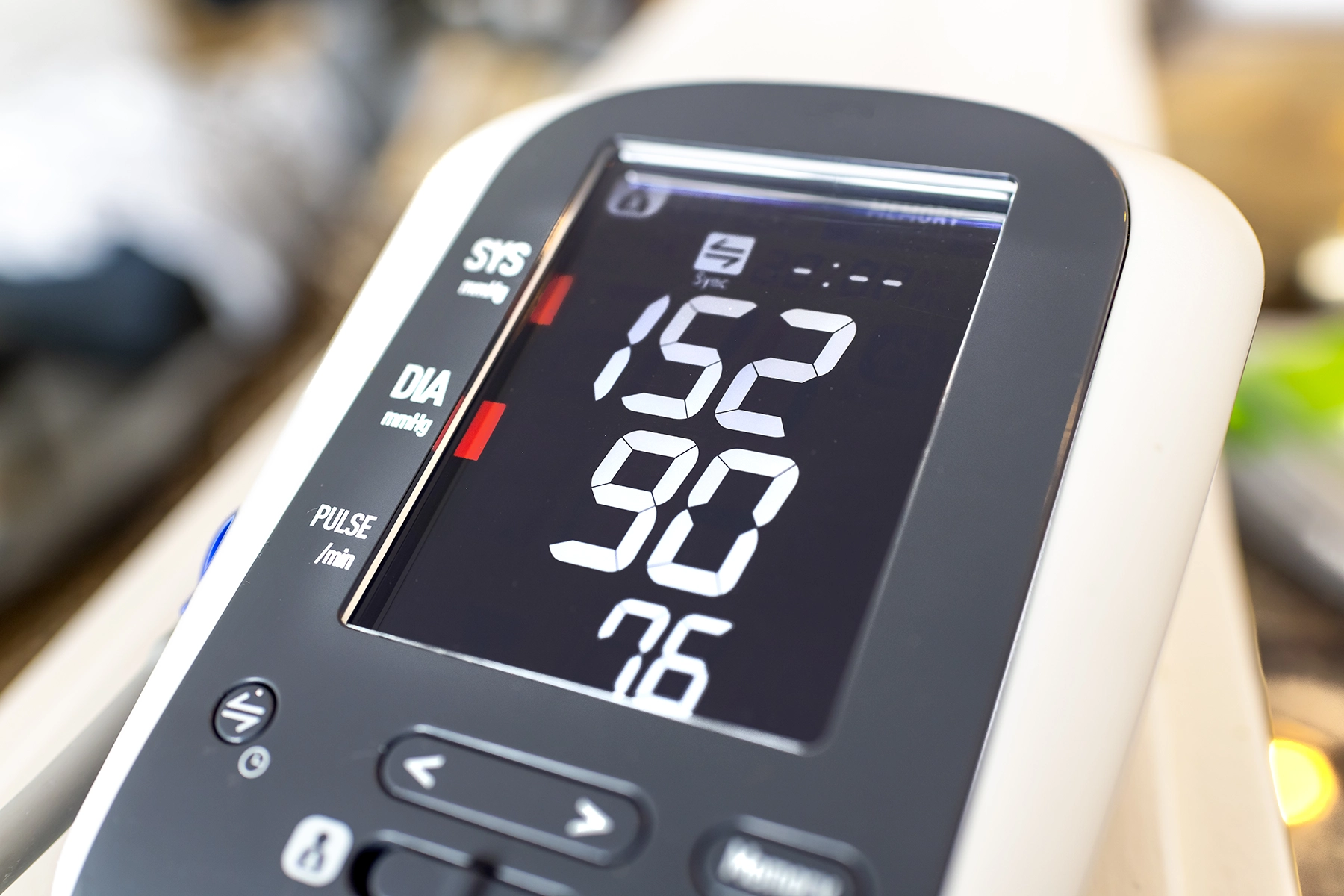Can ADHD Medication Raise Your Blood Pressure?

It’s a good time to check your ADHD medication’s effect on your heart health.
Medication is a game changer for children diagnosed with Attention-Deficit/Hyperactivity Disorder (ADHD) –– and for those around them. Like any medication, there’s a risk of side effects that come with it. New research from Sweden shows that a slight increase in the risk of hypertension and arterial disease is one of them.
ADHD can cause difficulty concentrating, impulsive behavior, relationship difficulties and even mental health issues. Medication, like Ritalin, has proven to be effective in several randomized clinical trials (RCTs) and other studies. However, concerns remain regarding their potential effect on cardiovascular health.
A study of 278,027 people with an ADHD diagnosis showed that long-term use of ADHD medication was associated with an increased risk of cardiovascular disease (CVD) –– particularly hypertension and arterial disease –– compared with nonuse.
ADHD is usually diagnosed in childhood and lasts into adulthood. Diagnosis and treatment among U.S. children have been on the rise since parents were first asked in a 1997 national survey. An estimated 6 million U.S. children ages 3-17 were diagnosed with ADHD between 2016 and 2019, representing 9.8% of children. Children diagnosed with ADHD often take medication into their adult years.
Why ADHD medication slightly increases the risk of heart disease
Medication treatments for ADHD, like Adderall, are stimulants. Stimulating your body at any given time, like high-intensity exercise, is normal and even healthy. This raises your heart rate and blood pressure for bursts of time. Both go back down once you’re at rest.
“The difference with stimulants, as opposed to exercise, is that you stop, dissipating those effects of exciting the sympathetic nervous system. But with ADHD medications, the stimulatory effects are there for as long as the medication is in effect,” says Jeffrey Goldberger, M.D., M.B.A., director of the Center for Atrial Fibrillation at the University of Miami Health System.
Different ADHD medication types have varying effects on the cardiovascular system. For example, stimulants like methylphenidate, such as Ritalin or Delmosart, may have a more noticeable effect. Non-stimulants like atomoxetine, such as Strattera, generally have less impact on heart health.
The good news is that the effects these stimulants can have on raising your blood pressure are minimal and only occur after taking the medication for many years. However, the studies do detect small increases in blood pressure across a population.
For most patients with ADHD, the benefits of medication outweigh the risks.
“Patients with ADHD derive benefit from this treatment, but you still have to acknowledge that there’s a small population risk that’s associated with that medication,” says Dr. Goldberger.
Changes in blood pressure guidelines account for more people at risk
Until recently, systolic blood pressure above 140 mmHg was considered high blood pressure by the American Heart Association and the American College of Cardiology. That changed in 2017 to 130 mmHg because research shows that patients benefit from treatment for blood pressure even above 130 mmHg.
What does this mean for patients? Taking ADHD medication for many years is one more risk factor (of many) that can lead to high blood pressure above 130 mmHg.
“The lower your blood pressure is, the less likely medication will have an impact. But, if you have other cardiovascular problems, ADHD medication could complicate that,” says Dr. Goldberger.
Adults are more likely to monitor blood pressure, but high blood pressure can also be a concern among children. For example, an obese 12-year-old who has borderline high blood pressure and a higher genetic risk for cardiovascular disease may need to monitor his blood pressure while taking ADHD medication.
Still, says Yiannis Chatzizisis, M.D., Ph.D., chief of cardiovascular medicine at UHealth, “While ADHD medications can slightly elevate heart rate and blood pressure, for most patients, the benefits of managing symptoms outweigh the risks.”
Maintaining a healthy heart with ADHD treatment
New research on how ADHD medication can affect cardiovascular health is not a reason to worry, says Dr. Chatzizisis.
It is a good idea to get a baseline cardiovascular screening before starting ADHD medication.
This could include an ECG or other diagnostic tests to assess heart health. This is especially true if you have existing risk factors like high blood pressure or a family history of heart disease.
Regular check-ups with your primary care provider that include blood pressure and heart rate monitoring are important for individuals taking ADHD medications. “Don’t hesitate to report any concerning side effects to your primary care doctor,” says Dr. Chatzizisis.
Counter any risk with a healthy lifestyle
In most cases, says Dr. Goldberger, cardiovascular disease results from multiple risk factors like obesity, diabetes, high blood pressure and family history. ADHD medication is one more.
You can reduce your risk of heart disease with behavior changes, such as:
- increasing exercise
- getting enough sleep
- eating a healthy diet
- managing stress
Lifestyle choices like a healthy diet and more exercise can also help patients manage ADHD holistically.
Research linking ADHD medication to CVD is just one factor of many to consider when weighing treatment plan options, says Dr. Goldberger. “Just like any decision you make in clinical medicine, you’re always weighing the risks and the benefits.”
Wendy Margolin is a contributor for UHealth’s news service.
Tags: Dr. Jeffrey Goldberger, Dr. Yiannis Chatzizisis, heart care in Miami, people with ADHD
